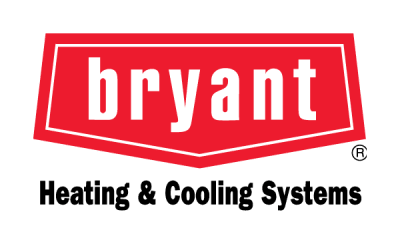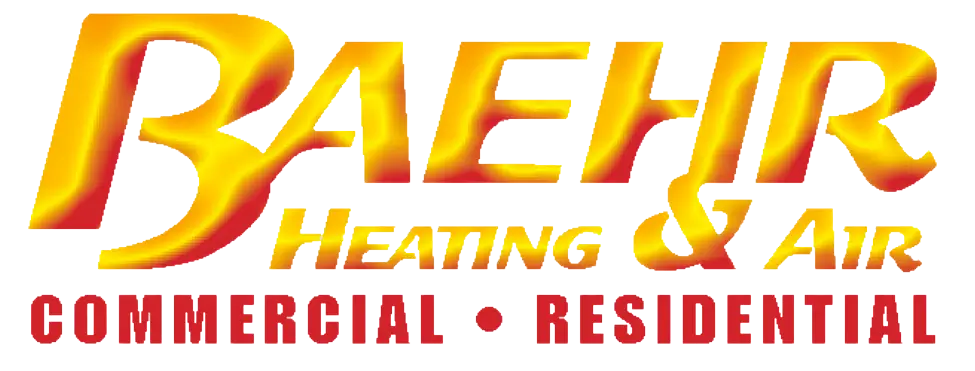Installing a commercial HVAC system is a significant investment that requires careful planning and consideration. The effectiveness of your HVAC system can directly impact the comfort and productivity of your commercial space. Choosing the right system involves more than just deciding on a brand or model; it requires a detailed assessment of your specific needs and conditions.
Assessing Your Commercial Space Needs
The first step in installing a commercial HVAC system is to evaluate the needs of your specific space. This involves considering several factors that will influence the type and size of the system you require.
1. Space Size and Layout: The size and layout of your commercial space are crucial factors. Large open areas will have different needs compared to smaller, segmented spaces. Conducting a proper survey of your space will help determine the correct HVAC capacity needed.
2. Usage Patterns: Understanding how the space is used can also affect your HVAC choices. For example, a space that hosts a lot of people, like a conference room or a shop floor, will require a system that can handle more heat load. On the other hand, storage spaces may have less stringent requirements.
3. Future Planning: Anticipate possible future changes in your space. If you plan to expand or modify the layout, choose a system that can easily adapt to these changes. This foresight can save you from needing a complete system overhaul later.
4. Environmental Control Requirements: Some commercial spaces, like server rooms or laboratories, have specific climate control needs. Make sure to address these requirements to ensure the safety and functionality of your space.
Choosing the Right Type of HVAC System
After evaluating your space, the next step is selecting the most suitable type of HVAC system. Various options cater to specific needs and budgets, so it’s essential to choose wisely.
1. Central Air Systems: Central air conditioning is a common choice for large commercial spaces. They provide efficient cooling through a network of ducts and vents. These systems are ideal for maintaining a consistent temperature throughout the building.
2. Heat Pumps: Heat pump installation can be an excellent choice for climates with moderate heating and cooling needs. They move heat rather than generate it, making them energy-efficient. Mini split heat pumps offer flexibility in areas where ductwork is not feasible.
3. Packaged Units: These units combine heating and cooling components in a single system. They are often used in spaces where indoor space is limited since they can be installed on rooftops or other outdoor areas.
4. Variable Refrigerant Flow (VRF) Systems: VRF systems offer high efficiency and the ability to control the temperature in different zones independently. They can be a great option for spaces that require varying temperatures in different areas.
5. Thermostat Options: Modern thermostats, including smart and programmable options, can enhance the efficiency of your HVAC system. They allow for better control over your space’s temperature, tailoring it to different times of the day or usage patterns.
Making the right choice involves balancing your specific needs, energy efficiency, and budget considerations. Consulting with our professionals can help you navigate these options and select the system that best suits your commercial space.
Cost and Energy Efficiency Considerations
Cost and energy efficiency are key elements to consider when choosing a commercial HVAC system. Investing in an efficient system can lead to significant long-term savings and a more comfortable environment.
1. Initial Costs vs. Long-Term Savings: While it might be tempting to select a cheaper unit upfront, it’s important to consider the long-term costs of operating the system. Energy-efficient systems may have higher initial costs but offer substantial savings on energy bills and maintenance over time.
2. Energy Efficiency Ratings: Look for systems with high SEER (Seasonal Energy Efficiency Ratio) ratings or ENERGY STAR certifications. These ratings indicate the system’s efficiency and can give you a good idea of potential energy savings.
3. Incentives and Rebates: Sometimes, energy-efficient HVAC systems can qualify for rebates or incentives. This can offset the higher initial cost, making the investment even more worthwhile.
4. Operating Costs: Consider the daily operating costs, including electricity, maintenance, and potential repairs. Systems that require frequent HVAC repair can become costly and inefficient. Choose units known for reliability and low maintenance needs.
5. Demand-Responsive Systems: Some modern HVAC systems can adjust their output based on demand, further improving energy efficiency. These systems help maintain optimal comfort levels while minimizing energy usage.
Importance of Professional Installation and Maintenance
Professional installation and ongoing maintenance are critical for the optimal performance of your commercial HVAC system. Ensuring that your system is installed correctly and maintained regularly can prevent many issues down the line.
1. Correct Installation: Improper installation can lead to several problems, including reduced efficiency and a shorter lifespan for your HVAC system. Our professionals make sure that every component is installed correctly, reducing the risk of future malfunctions.
2. Regular Maintenance: Routine HVAC maintenance can identify and address minor issues before they become major problems. This includes checking for worn-out parts, cleaning ducts and filters, and ensuring the system operates smoothly.
3. Efficient Operation: Regular maintenance helps keep your system running at peak efficiency. This not only saves energy but also ensures consistent comfort levels throughout your commercial space.
4. Preventive Care: Preventive maintenance can extend the life of your HVAC system. Our technicians can spot potential problems early, allowing for timely HVAC repair or part replacement.
5. Safety: A properly maintained HVAC system is safer. Regular checks can include ventilation assessments, ensuring that your system is ventilating properly and that there are no gas leaks in heating systems.
Conclusion
Installing a commercial HVAC system involves several key considerations. From assessing your space needs and choosing the right type of system to evaluating cost and ensuring professional installation, each step is crucial for achieving an efficient and effective HVAC solution.
Understanding these factors can help you make informed decisions that will benefit your business in the long run. Our professionals at BAEHR Heating & Air are dedicated to providing high-quality HVAC services, from selection and installation to ongoing maintenance and repair.
For a comfortable and efficient commercial environment, trust BAEHR Heating & Air to meet all your HVAC needs. Contact us today to get started on optimizing your commercial HVAC in Lake Wildwood, CA.







